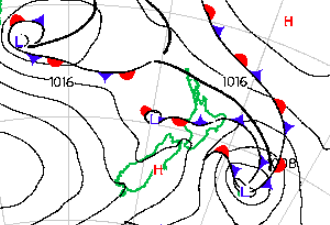T2 W4 20 May - 26 May
Section outline
-
REFLECT / WHAIWHAKAARO learning intentions:
- We are REFLECTING on … movement skills and positive attitudes by… evaluating our experiences during white water kayaking, mountain biking, rock climbing trips, orienteering.
FOCUS / ARONGA learning intentions:
- We are FOCUSING on … movement skills by… developing knowledge of motor skills required for a variety of outdoor activities.
- We are FOCUSING on … positive attitudes by… identifying the attitudes required to accept challenges, learn new skills and strategies, and extend my abilities in a variety of outdoor activities.
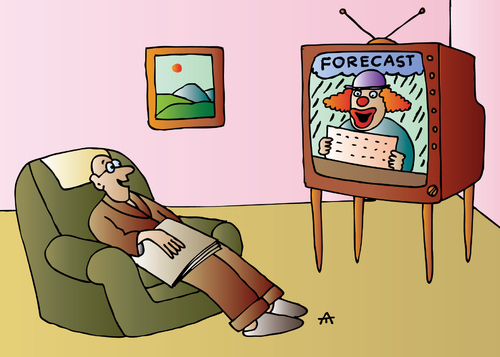 Learning Intentions
Learning Intentions
To learn to read a weather map and forecast the weather
To understand the causes of, and influences on, the weather (sun, hills, water, temperature, etc)
To investigate an aspect of the weather using scientific methods.Success Criteria
Can forecast weather from primary (observation) & secondary (maps) sources
Understands the risks & impact that weather can have an outdoor experiences
Can explain concepts that impact our weather in NZ (eg El Nino/La Nina)We'll discuss:
Types of weather system (cyclone, hurricane, warm & cold fronts, high & low pressure systems)
Impact on weather of sun, moon, topography, localised features eg lakes, city pollution
Types of cloud (cumulus, nimbus, cirrus, stratus)
Wind (direction, strength, causes, effects); precipitation (snow, rain, hail, fog)Assessment
Your work on weather will contribute towards Assessment 2 and will be self and teacher / instructor assessed.
Self-assessment: part of the evidence for your grade will come from your reflections in your learning journal.
Teacher / Instructor assessment: other evidence will come from observations and conversations during the sessions regarding your contribution, team work and skills developmentIn your Learning Journal, you should reflect on how you develop the skills and knowledge outlined in the Unit Standards. Your aim is to show that you know:
Weather investigation
1. where you're at in your learning (what skills & knowledge do you have now)
2. where you're going (what skills & knowledge you are working towards)
3. how you'll get there (what next steps you'll take to learn these skills & knowledge)
In particular, you will take it in turns to predict the weather for the class and will perform a scientific experiment to explore an aspect of weather. These might be proving that air moves clockwise round a low pressure system, warm air holds more moisture than cold air, air temperature causes clouds to rain, air pressure changes as a cold or warm front passes, 'old wives tales' accurately predict weather patterns (eg cows lie down before rain, pine cones predict rain, red sky at night shepherds' delight, etc)
Saturday 23 May 2020, mid-day Satellite 10pm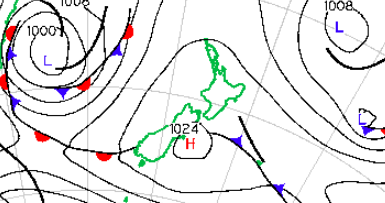
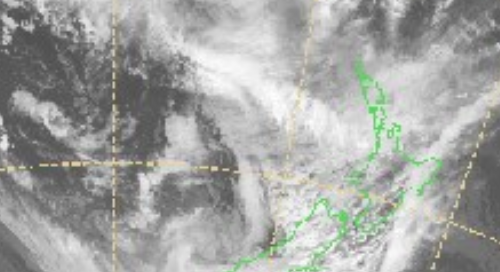
Sunday 24 May 2020, mid-day. Satellite 4pm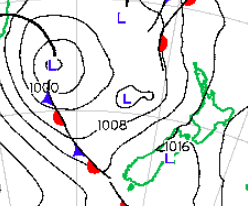

Monday 25 May 2020, 1am (forecast)
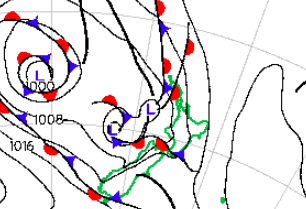
Tuesday 26 May 2020, 1am (forecast)